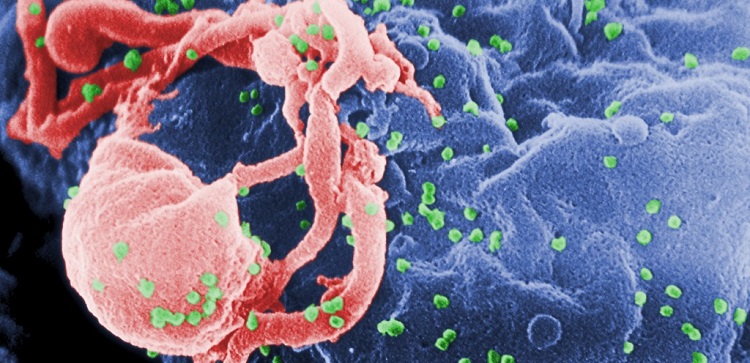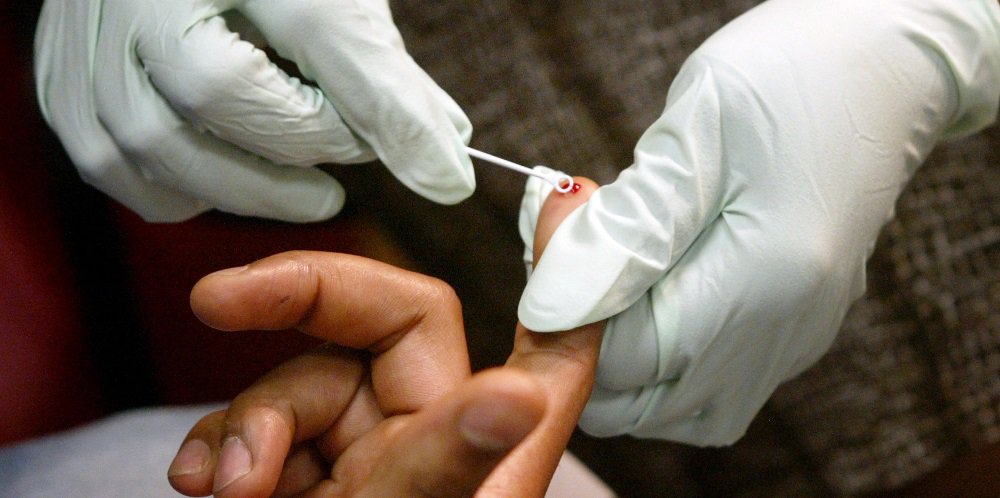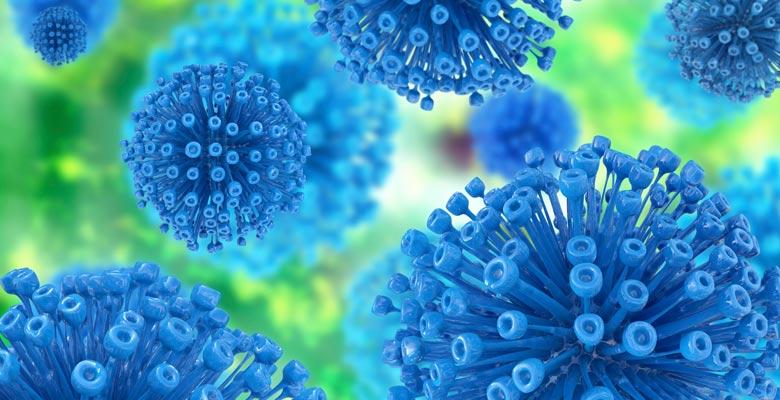Scientists just made a huge breakthrough in the battle against HIV/AIDS
Treatment or even prevention could be on the horizon.
By Will Stroude

HIV/AIDS organisations have heralded an “exciting breakthrough” in the battle against the virus after scientists engineered an antibody that attacks 99% of HIV strains for the first time.
The antibody, which can prevent infection in primates, could eventually to treatment or even prevent transmission of the virus, experts says.
Trials on 24 monkeys injected with HIV showed that none developed the virus after being given the new type of antibody, which has been developed from a small minority of human patients who have exhibited unusually strong resistance to the virus.
Human bodies struggle to fight HIV because of the virus’s ability to mutate and change its appearance, meaning the immune system becomes overwhelmed by the sheer number of different strains in the body.

However, around one percent of human patients have been seen to develop “broadly neutralising antibodies” after years of infection. These anti-bodies attack something more fundamental to the HIV virus, making it possible to fight different strains as it mutates.
The new study, published in the journal Science, combined three of these antibodies into an even more powerful “tri-specific antibody”.
Dr Gary Nabel, one of the report authors, told the BBC that the antibody had offered “an impressive degree of protection” in trials.

“They are more potent and have greater breadth than any single naturally occurring antibody that’s been discovered,” he said.
The International AIDS Society welcomed the news as an “exciting breakthrough” in the battle against the virus. Human trials are set to start in 2018.
